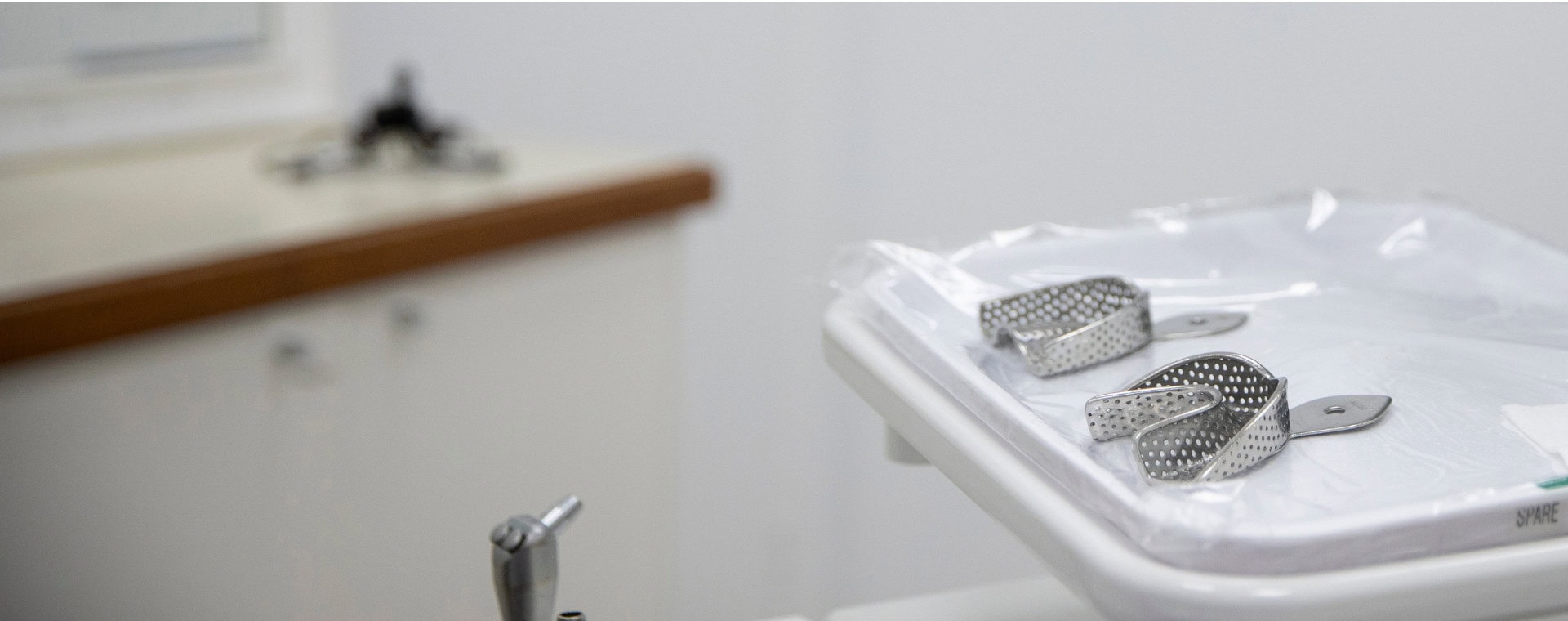Management of bruxism (teeth clenching and grinding)
Abnormal clenching and/or grinding of the teeth (collectively known as ‘bruxism’) is a condition that causes damage to the teeth and jaws. Bruxing can occur during the day, most often during stressful periods or when the person is asleep. People usually aren’t aware that they clench or grind their teeth, but sleeping partners may describe the unpleasant noises accompanying active nighttime grinding.
If left untreated, bruxism can cause:
- noticeable tooth wear
- fractured teeth or fillings
- jaw joint damage
- headaches, facial aches, and ear aches
- sensitive or loose teeth
- pain or stiffness in the head, neck and jaws.
At every dental check-up, our dentists look for signs and symptoms of bruxism. If bruxism is present, a range of treatments are available.
What causes people to clench and grind their teeth?
Many factors can contribute to abnormal clenching and grinding, including:
- stress
- lifestyle habits, including smoking and the consumption of alcohol and caffeine
- obstructive sleep apnoea
- various prescription medications and illegal drugs.
What treatments are available for bruxism?
Accurately diagnosing the cause of bruxism is essential. This may involve other health practitioners, including general practitioners, psychologists, physiotherapists, remedial massage therapists, and sleep physicians. Our dentists will provide necessary referrals to anyone experiencing bruxism.
Preventative treatments
When teeth and jaws risk ongoing damage, our dentists may recommend that the patient wear an oral (occlusal) splint. This is a custom-made rigid mouthguard that can be worn at night to:
- protect the teeth and fillings from the effects of grinding
- reduce muscle and joint-related symptoms such as headache and stiffness.
If sleep apnoea is a causative factor
If sleep apnoea is determined to be contributing to bruxism, a sleep physician may recommend fitting an oral appliance to keep the patient’s airways open at night. In our practice, Dr Elaine Lim provides this treatment.
Restoring damaged teeth and fillings
If teeth and fillings have been damaged, our dentists can restore these with fillings, inlays, onlays, or crowns. Some patients may need full mouth rehabilitation treatment to correct the damage caused by bruxism.
Important to know
- Some patients don’t need any treatment for their bruxism other than awareness and taking simple steps to reduce their stress.
- This page contains general information about bruxism. It cannot replace individualised advice from your dental practitioner. Please consult your dentist for specific recommendations about your oral health and necessary treatments.
Concerned you might be damaging your teeth through grinding?
For a thorough assessment, please contact our friendly reception team to make an appointment with one of our gentle dentists.

Resources about bruxism
Learn more about tooth clenching and grinding
- Teeth grinding (Opens in a new tab) – An article by the Australian Dental Association website


